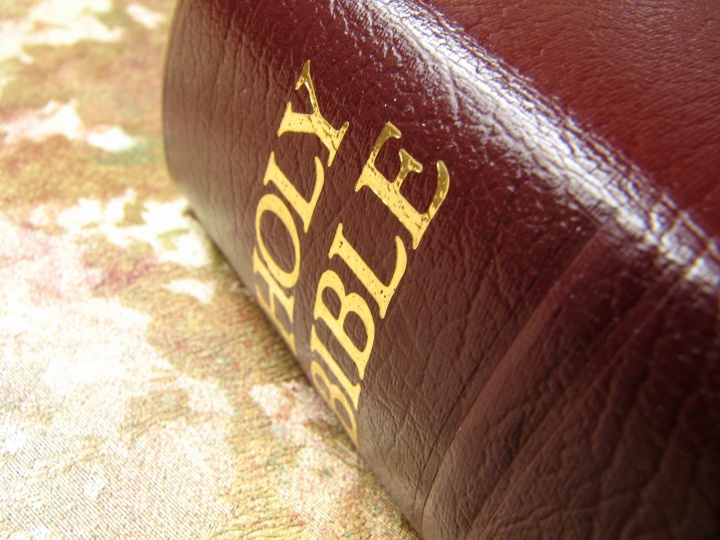The 'Curse of the Law'

In both writing and preaching, scholars and pastors alike turn to this passage to support a badly misguided assumption that Paul viewed God's law as a curse. But how could he view it as a curse since he stated in Romans 7:12 that God's law was holy?
Paul indeed speaks of "the curse of the law" (Galatians 3:13), meaning a curse decreed by the law. But he does not refer to the law itself as a curse.
What Paul actually says is this: "Christ redeemed us from the curse of the law by becoming a curse for us—for it is written, 'Cursed is everyone who hangs on a tree'" (Galatians 3:13, NRSV).
A few verses earlier he writes: "For all who rely on the works of the law are under a curse; for it is written, 'Cursed is everyone who does not observe and obey all the things written in the book of the law'" (Galatians 3:10, NRSV).
First, notice that the curse applies to "everyone who does not observe and obey all the things written in the book of the law"! No curse is pronounced on those who obey "all the things" the law requires.
Of course, only Jesus Christ has ever obeyed everything in the law, without transgressing any of it. All the rest of us have sinned.
What, then, is "the curse of the law"? And in what way has Christ become a curse for us? What was Paul really saying?
This is easily explained from the law itself. Galatians 3:10 merely paraphrases an Old Testament passage: "Cursed is he who does not confirm the words of this law by doing them" (Deuteronomy 27:26, NASB). The curse is not the law—it is clearly the penalty imposed for not keeping the law.
Galatians 3:13 also is a condensed quote of an Old Testament passage that explains exactly who is cursed and why: "If a man guilty of a capital offense is put to death and his body is hung on a tree, you must not leave his body on the tree overnight. Be sure to bury him that same day, because anyone who is hung on a tree is under God's curse. You must not desecrate the land the Lord your God is giving you as an inheritance" (Deuteronomy 21:22-23, NIV).
Those "guilty of a capital offense"—deserving the penalty of death—were hung on a tree after being executed to serve as a public example. They were displayed before all as convicted sinners, cursed for their sins.
All human beings are guilty of sin. Therefore, we all deserve to be displayed as convicted and "cursed" sinners.
Jesus Christ, by being crucified and in effect hung on a tree as a condemned criminal, "bore our sins in His own body on the tree, that we, having died to sins, might live for righteousness" (1 Peter 2:24).
He bore the full curse—the full public disgrace and penalty of death—that we all deserve. This was what Paul meant in Galatians 3:13 when he wrote, "Christ redeemed us from the curse of the law by becoming a curse for us" (NRSV).
